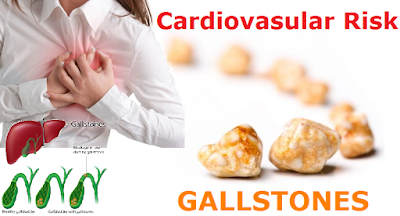New video discusses the importance of cardiac biomarkers
In this video, hear from a former operating engineer at the White House who, despite an active lifestyle and basic good health, experienced sudden heart failure. In the context of his healthcare journey, the video highlights the role of cardiac biomarkers in clinical decision making and the diagnosis of a heart attack.
Diagnosed with advanced coronary artery disease, the patient underwent cardiac bypass surgery and was enrolled in a biomarker study during his postoperative course of treatment. “There’s no doubt that biomarkers have completely transformed how we care for our patients in cardiovascular medicine,” says the patient’s cardiologist.












